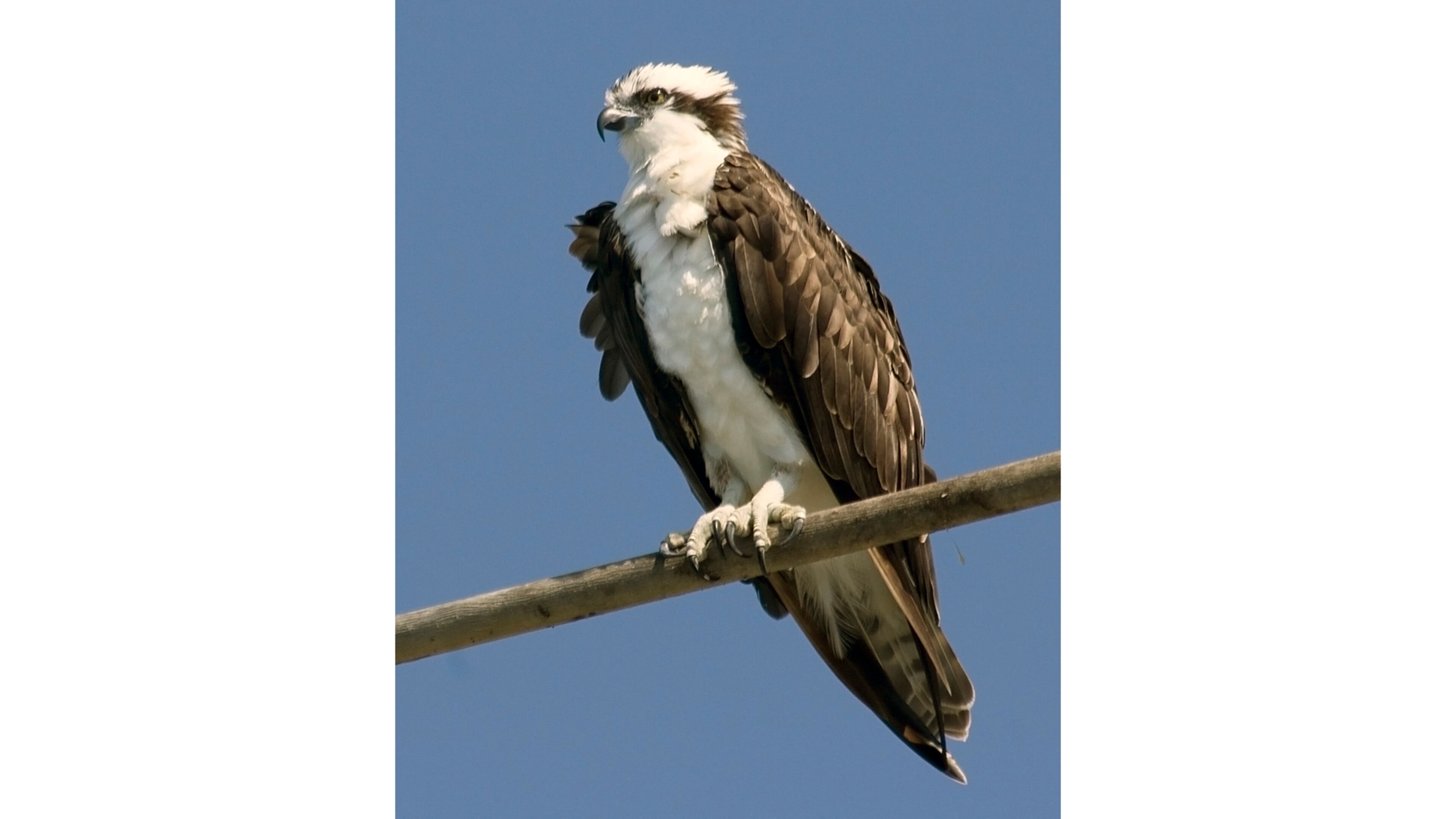WILD GEORGIA: Wild creatures are busy even in the ‘darkest month’

December, it’s sometimes said, is the “darkest month” because it’s the time of the winter solstice (Dec. 21), the first day of winter and the shortest day of the year.
Shakespeare spoke of “bareness everywhere” in December. The late country singer Merle Haggard crooned: “If we make it through December/Everything’s gonna be all right I know.”
I’m more in line, however, with the late Andy Williams, who sang, “It’s the most wonderful time of the year.” December, after all, means Christmas, Hanukkah and Kwanzaa. And even though the landscape has settled down and nights have grown long and cold, there’s still much astir in Georgia’s wild as we head into winter.
On the coast, critically endangered right whales are arriving in their winter calving grounds in ocean waters off Georgia, South Carolina and North Florida. Already, a new baby whale has been spotted. Nineteen calves were born last season and, as always, biologists hope for even more this year.
For some terrestrial creatures — raccoons, opossums, squirrels — the breeding season also commences in December. At the same time, white-tailed deer’s mating period, which began in October, winds down.
The big raptors, ospreys and bald eagles, begin breeding in December; some eagle nests may have babies by Christmas Day. It’s also hooting time for great horned owls and barred owls, which begin courting this month.
Many of Georgia’s year-round songbirds — cardinals, blue jays, robins and the like — are forming exclusive flocks according to their species. Smaller songbirds — chickadees, kinglets, nuthatchers, titmice, downy woodpeckers — are flocking, too, but aren’t as exclusive: They’ll join together in mixed flocks. A reason for flocking may be that several sets of eyes are better than one in detecting predators and in finding food.
For us bird lovers, December is the time to count the feathered creatures: The annual Audubon Christmas Bird Count season kicks off Dec. 14 and runs through Jan. 5. For counts in Georgia, visit gos.org/christmas-bird-counts-122.
IN THE SKY: From David Dundee, Tellus Science Museum astronomer: The moon is new Saturday. Bright-shining Venus is high in the west at dusk and will appear near the crescent moon Sunday evening. Jupiter and Saturn also are in the west at dark. Saturn will appear near the moon on Wednesday, and Jupiter will do so on Thursday.
Charles Seabrook can be reached at charles.seabrook@yahoo.com.

